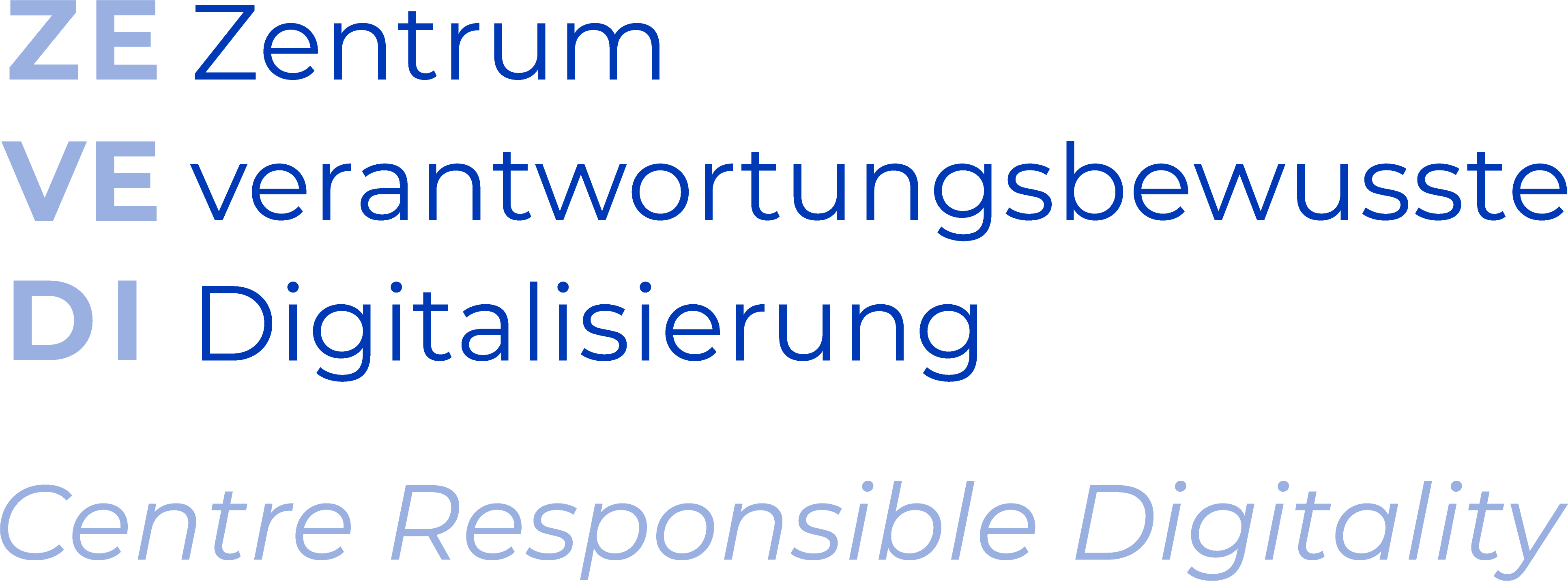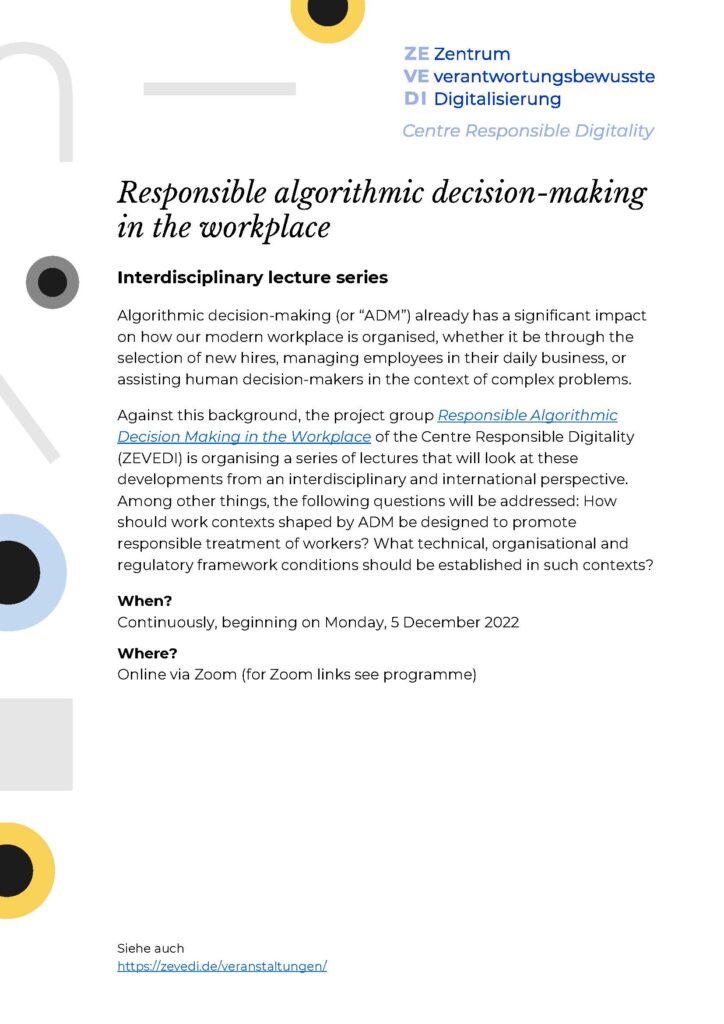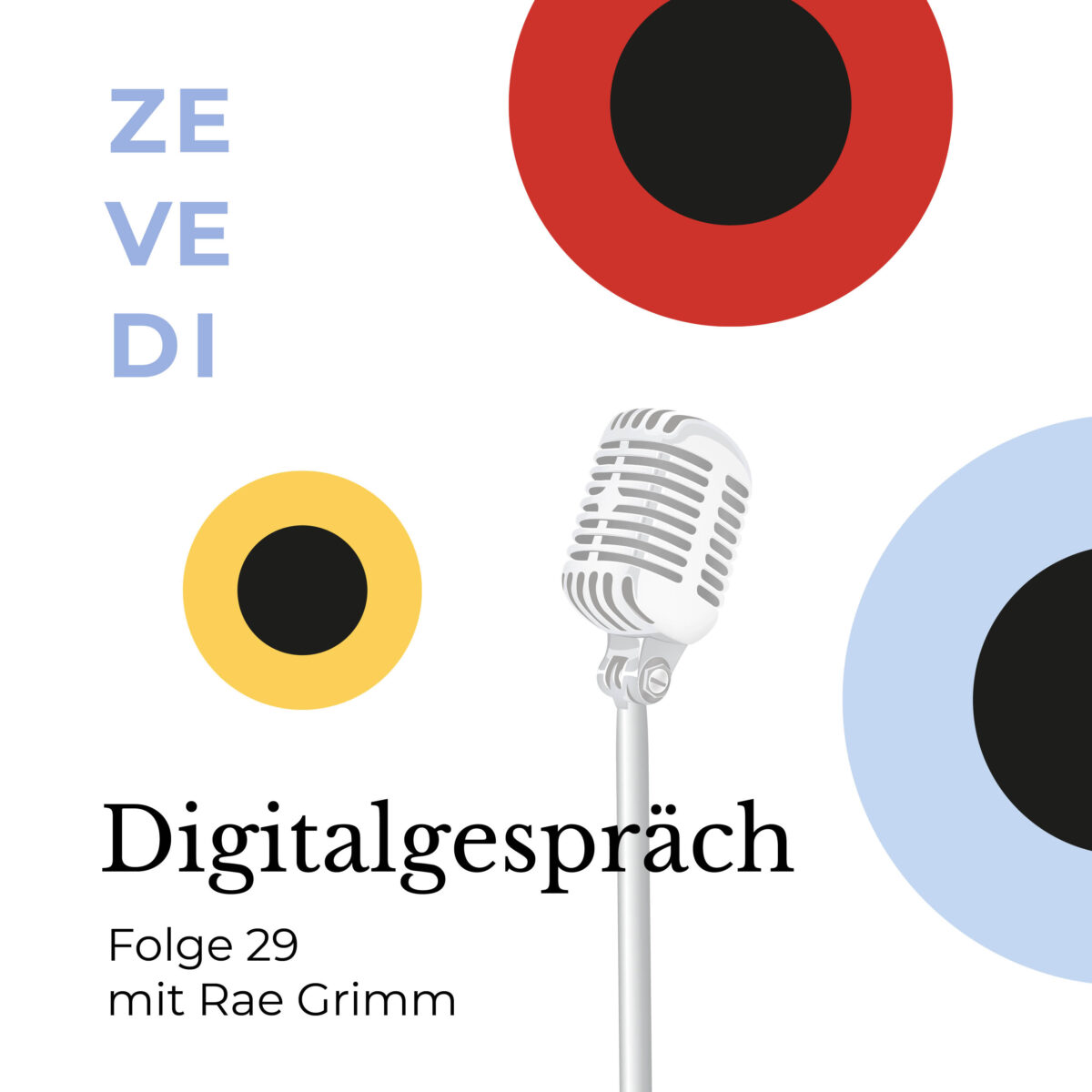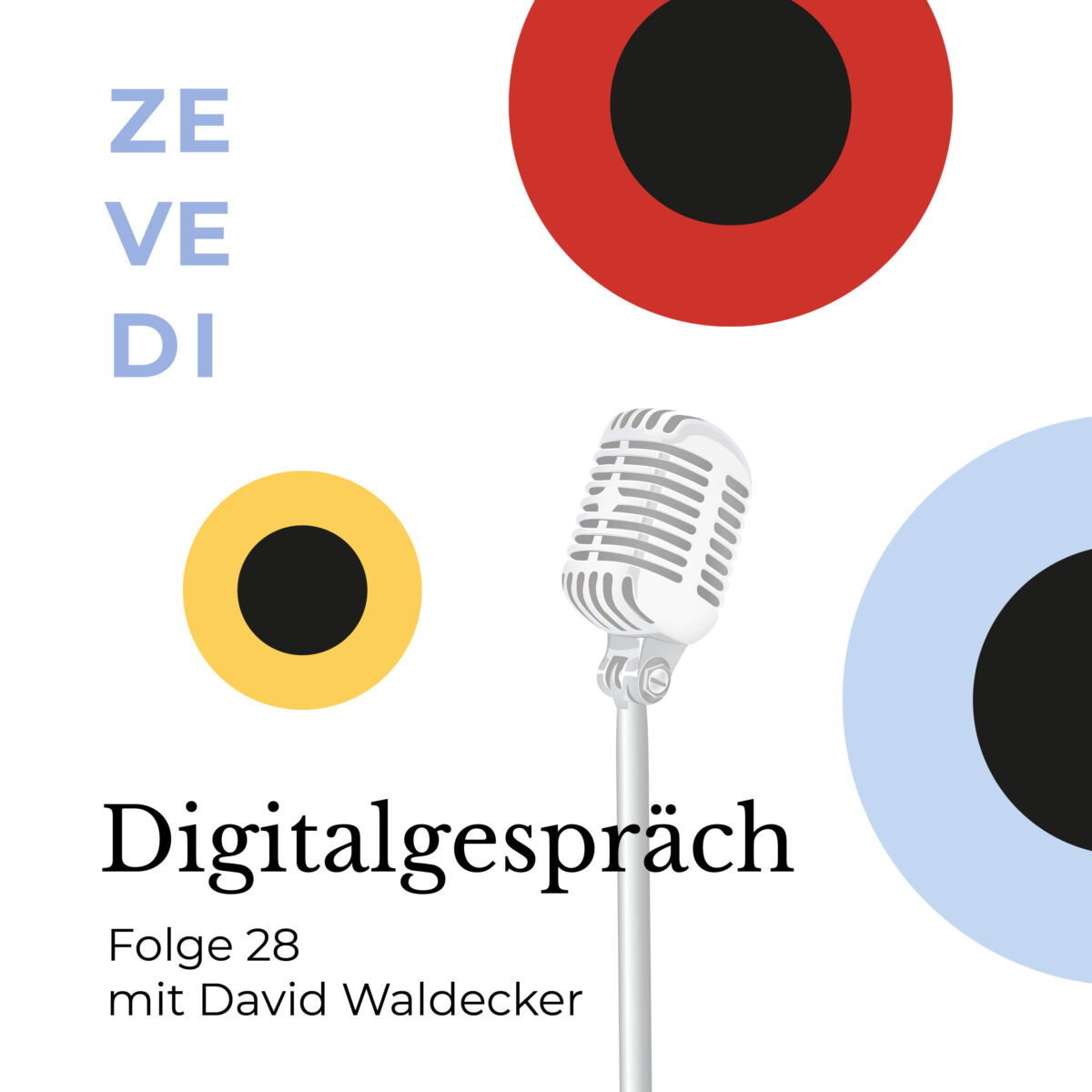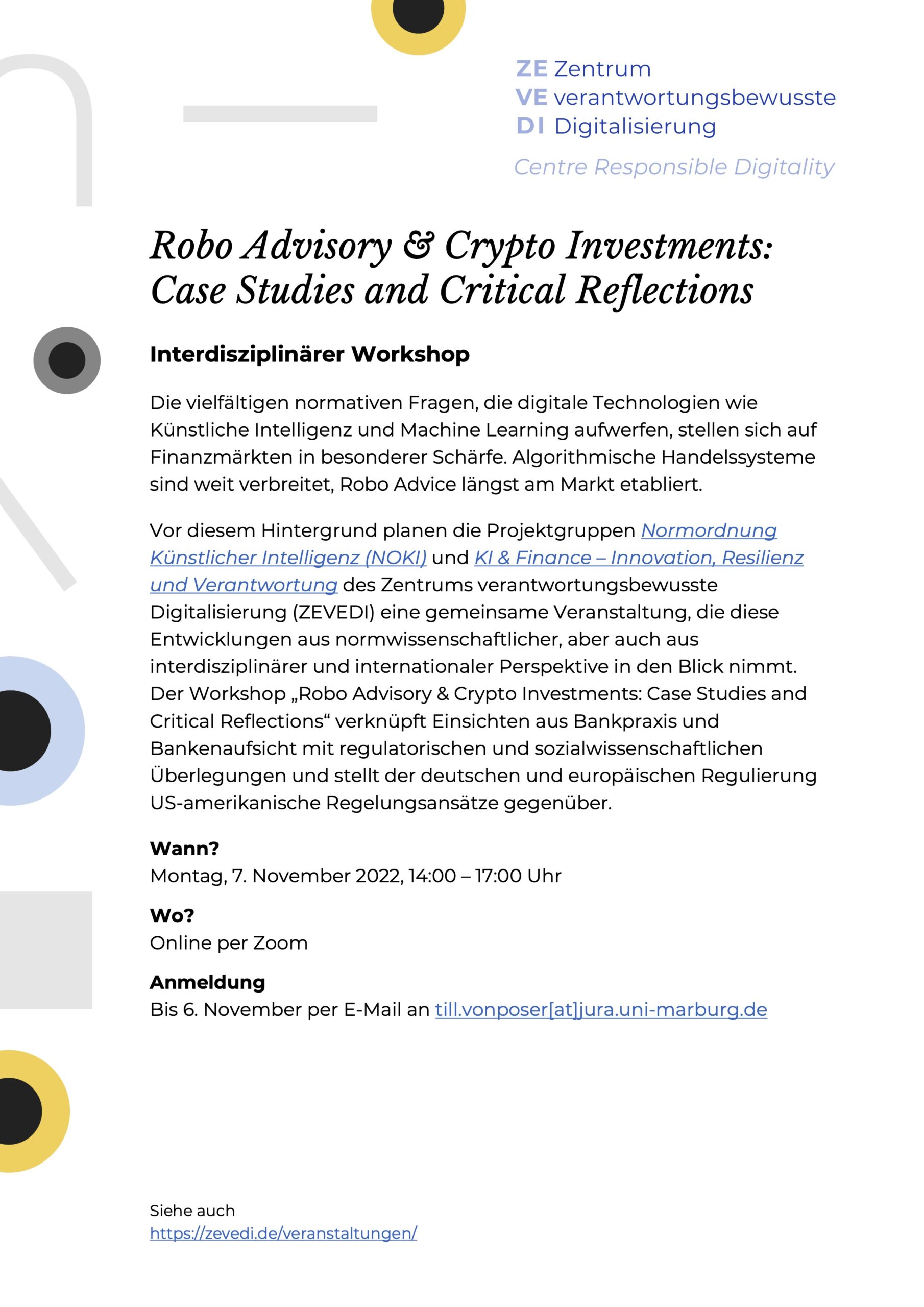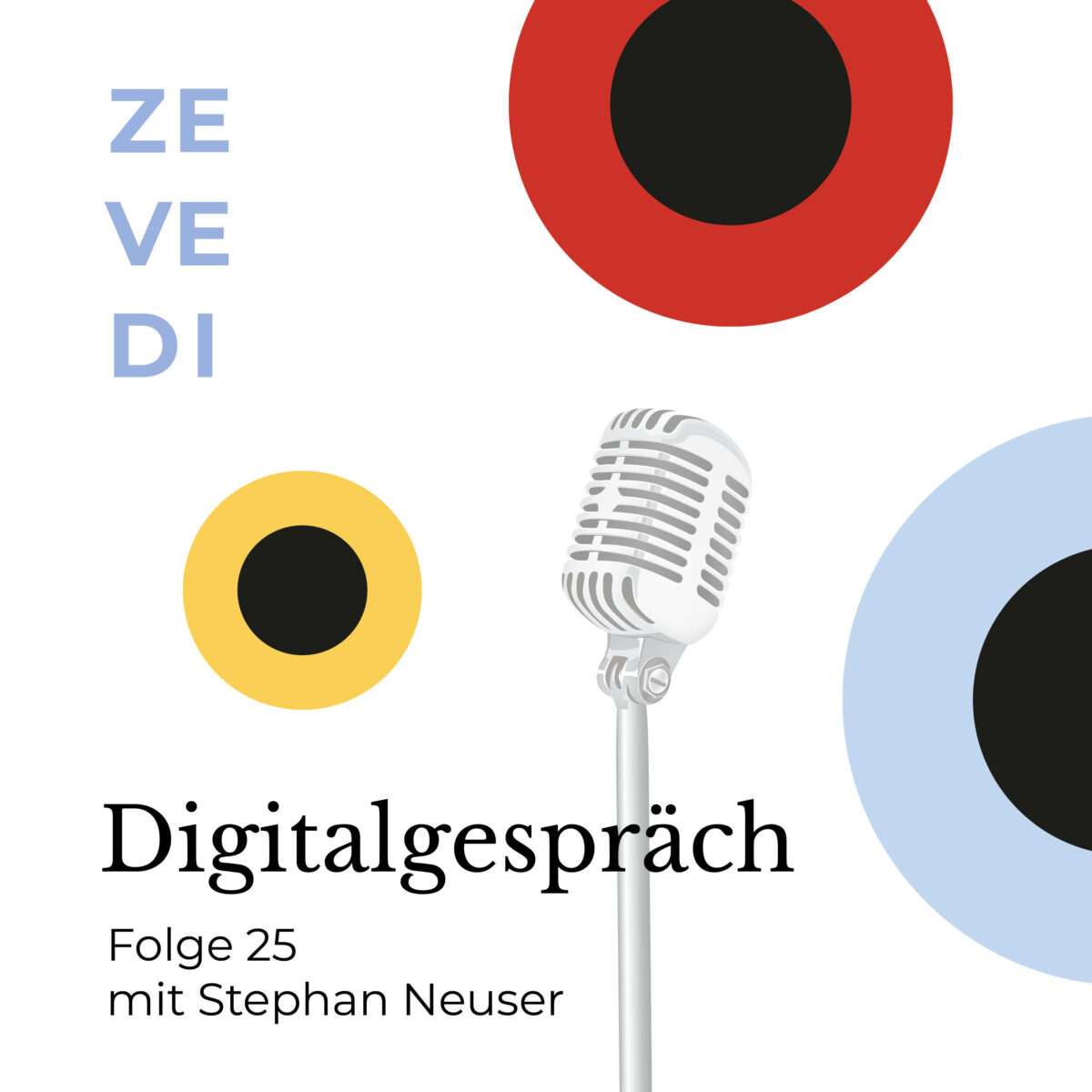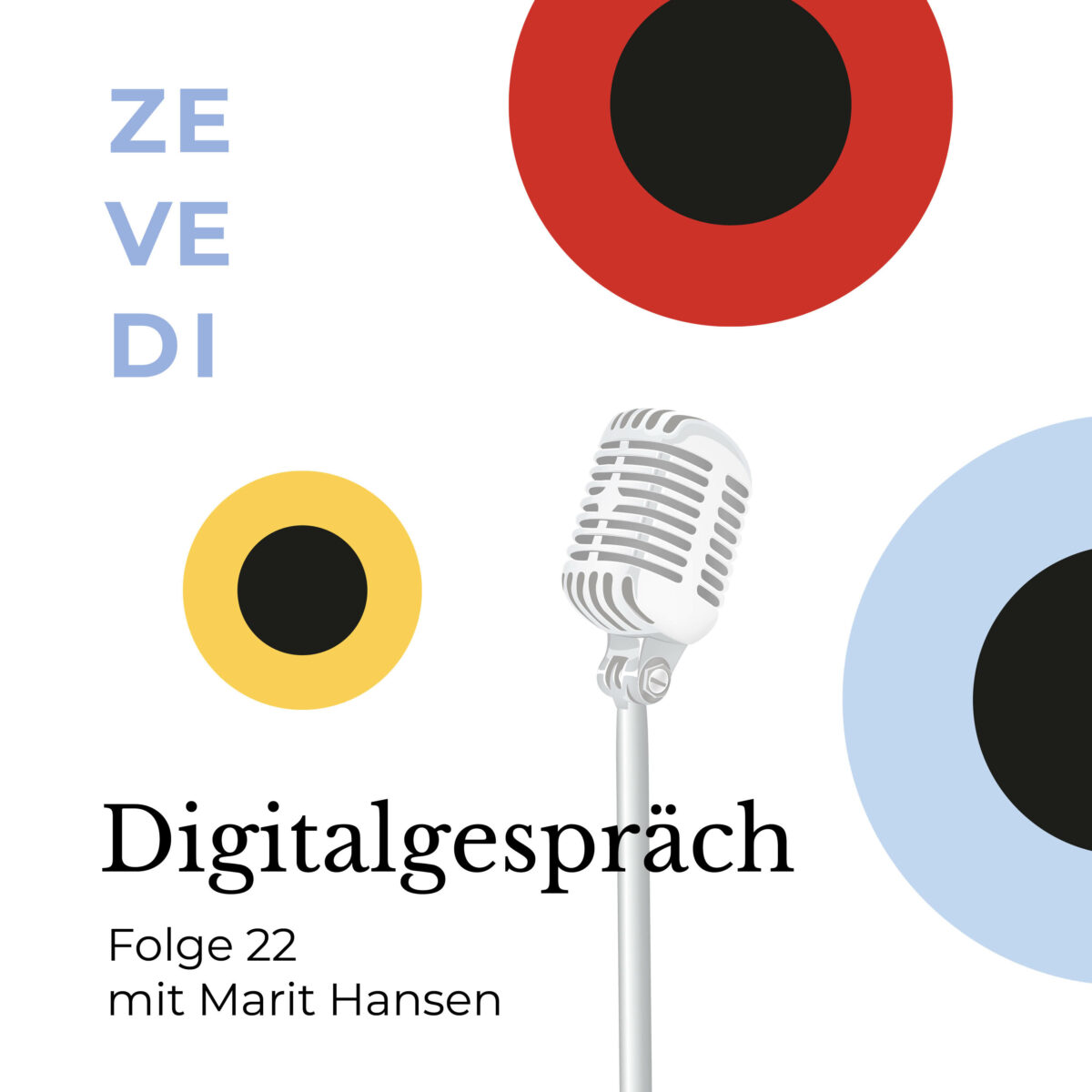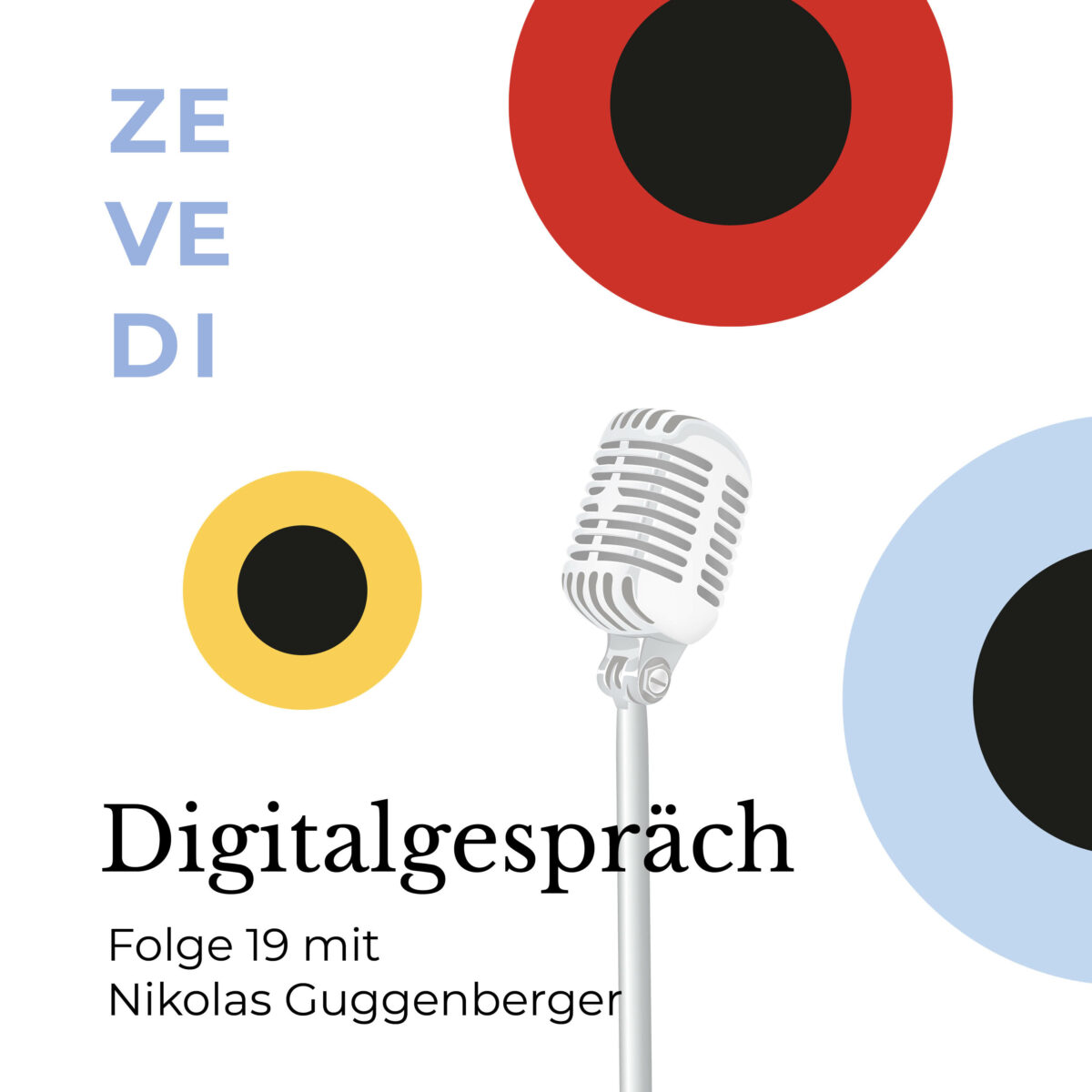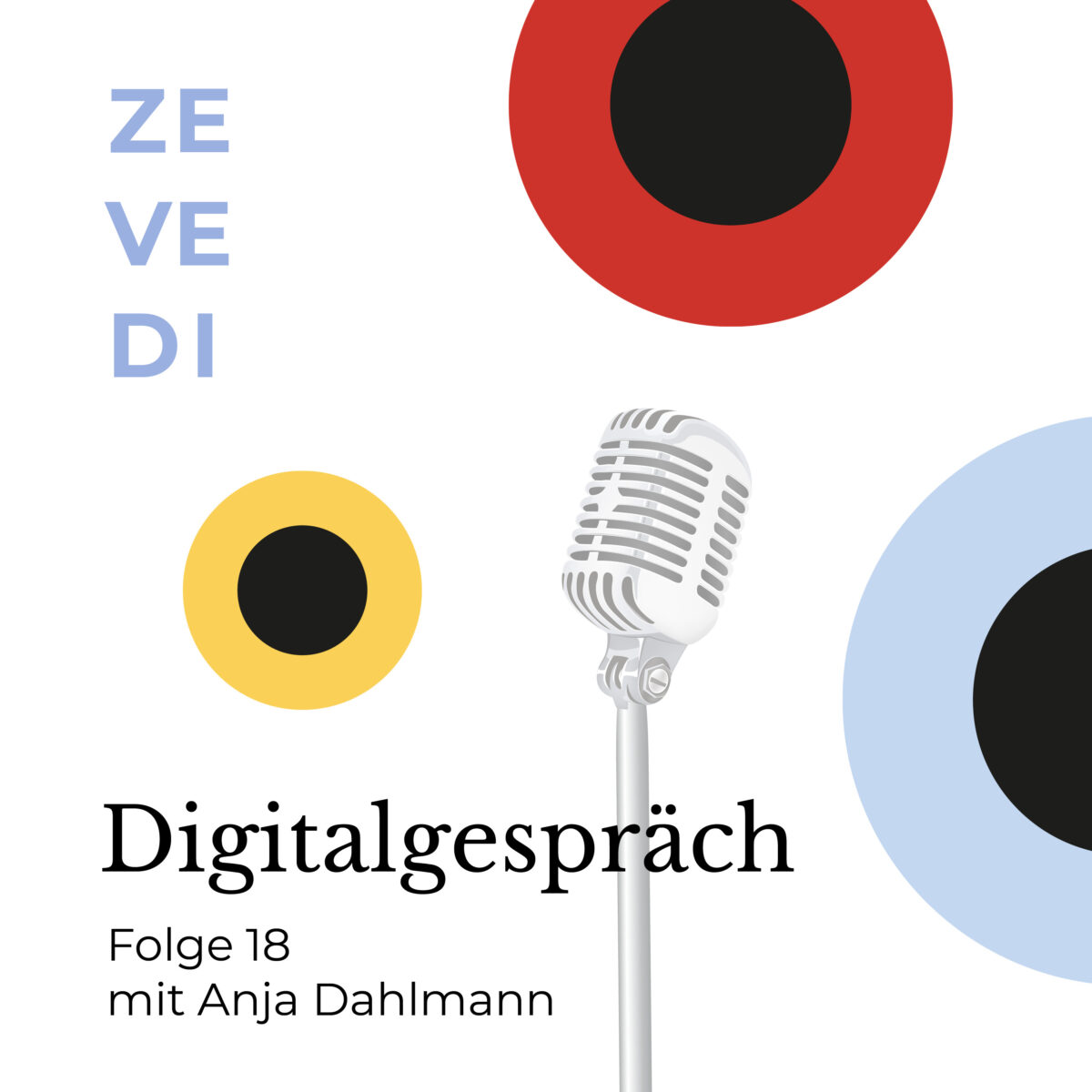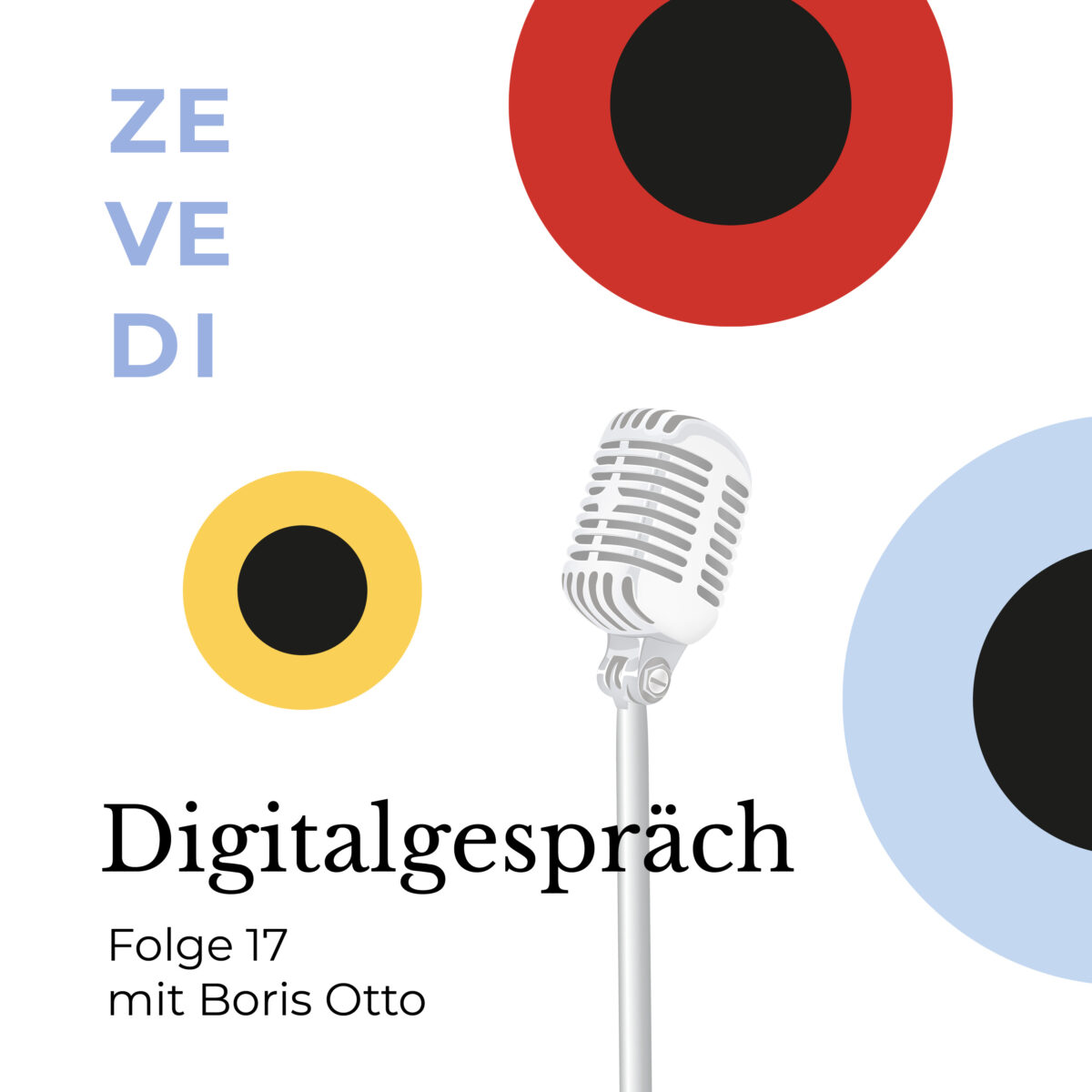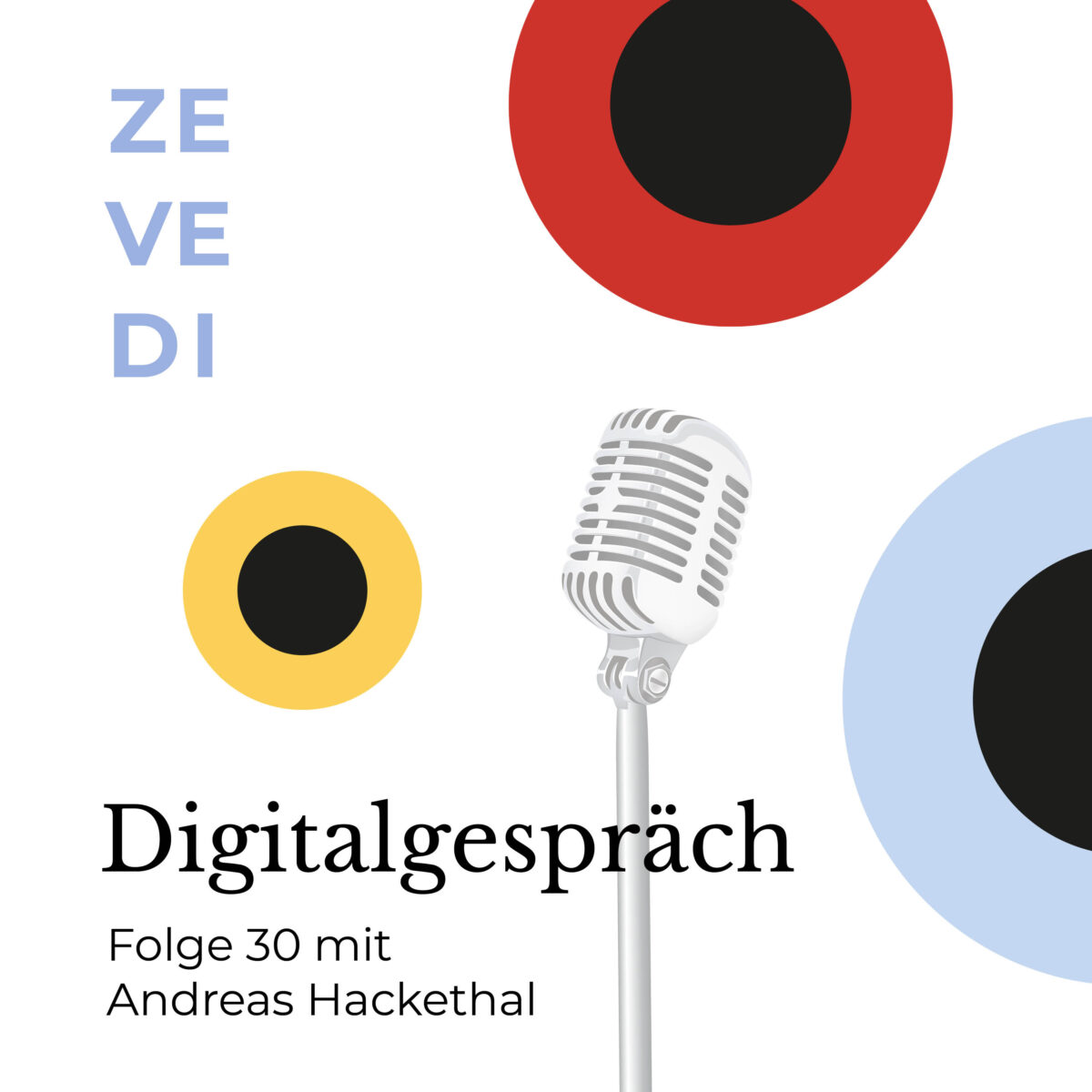
Who has a feel for or let alone knows the financial situation they will face when old? Especially when retirement is still a few decades away, it seems impossible to really plan ahead for it. And so we wait. And again and again, we put off the question of whether our money will be enough. Especially when we fear there might be a significant gap. In fact, many people don’t realise that they have to become active themselves in order to make a living in their old age. And when one realises the problem of a “pension gap”, what can actually be done? The situation is utterly complex : savings, assets and possible insurances are just the start. Inflation and the development of the housing market also come into play. For non-experts, the topic easily comes across as too demanding – hence, a typical case for digital aids. Is it possible, factoring in data, constraints and individual factors, to compute forecasts and even alternative scenarios for someone’s pension?
Andreas Hackethal is professor of finance at the House of Finance at Goethe-Universität Frankfurt a.M. The economist researches household finance. And at Goethe-Universität, he is developing an elaborate app for simulating one’s own financial circumstances in old age – the “pension cockpit”. In this episode of Digitalgespräch, Hackethal explains why it is so difficult for many people to get a good idea of their own financial future and how an app can help to close such knowledge gaps. He describes how the complex app project came about and what is important when it is implemented. With hosts Marlene Görger and Petra Gehring, Hackethal discusses how it affects your decisions today when you know their effects on your future pension, what opportunities this opens up for individuals and families – and what political consequences it can have to make pension gaps transparent.
Further informationen:
Link to the article on the “pension cockpit” in the magazine Brigitte (in German): https://www.brigitte.de/academy/finanzen/rente-berechnen–so-geht-es-12798828.html
all episodes of Digitalgespräch»
The podcast is in German. At the moment there is no English version or transcript available.
